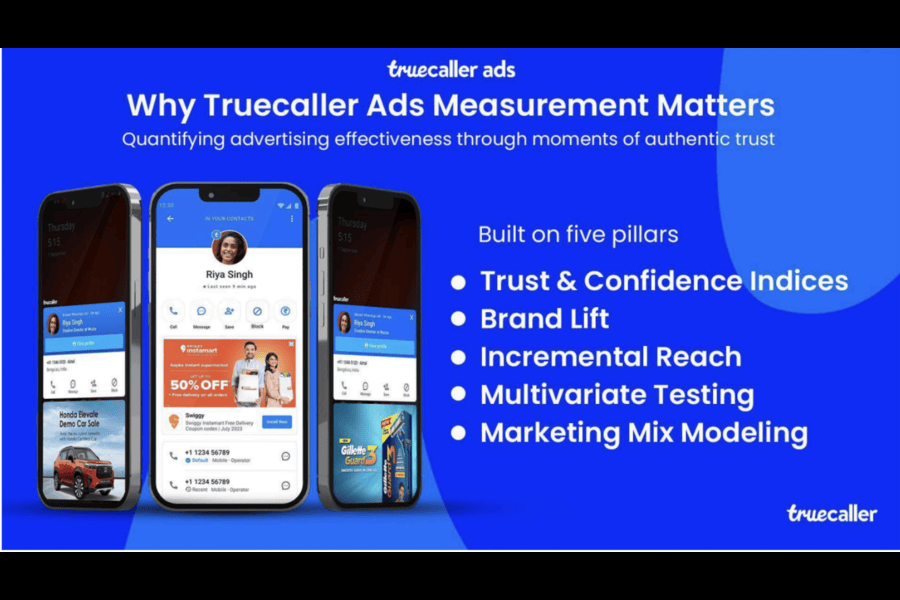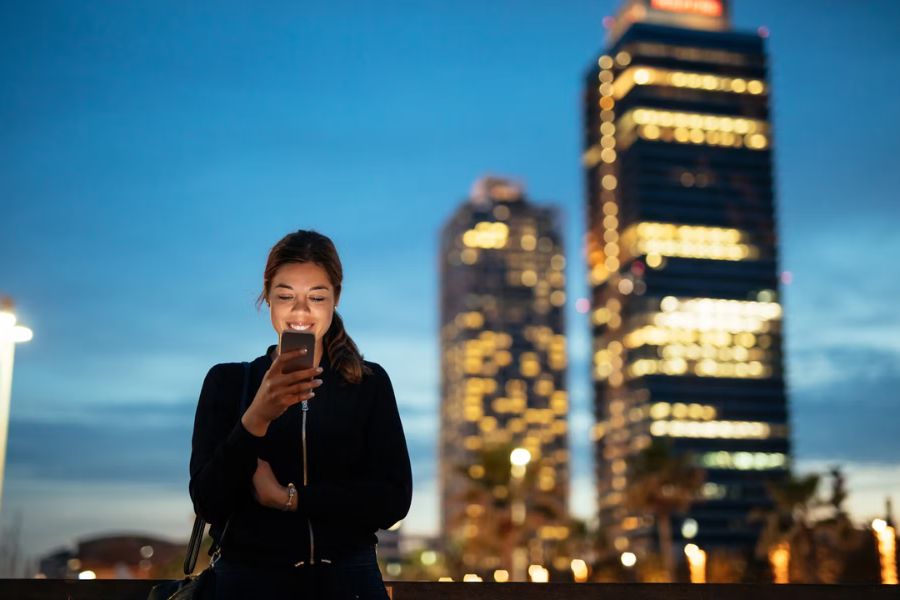Like many other ads, this also has women in the background, hosting a birthday party. The ad had enough scope to show women in more non-stereotypical roles like in the operation theatre, as a consultant or even as a patient. Yet women are conspicuous by their absence.
Gender Sensitivity Score (GSS): 2.5/5
The old 'Yeh toh bada toing hai' ad was such an embarrassing and infuriating one though it was only meant to be funny. The current ad is a lot more subtle and achieves a fine balance between the female gaze and the machoness of the brand.
GSS: 3.75/5
The core message of the ad 'she gets more comfortable about her periods when you get comfortable talking about it' hits the nail on the head. The ad also does well by featuring fathers and daughters, as men are seldom seen as a source of information on periods for girls. Many men are not even aware of what periods are and the issues around it. We would be able to build a more supportive ecosystem for girls' and women's heath issues only when we ensure male involvement in addressing their health concerns.
GSS: 4.5/5
Thank God, no hyper-protective woman is hovering around the man taking care of his nutritional requirements.
GSS: 3/5
For gender roles to change we need to be more accepting and accommodating with the small changes we are trying to make. Often ads show men in the kitchen as disasters and the women coming to their rescue. This ad is different as it shows the woman giving space to the man to learn cooking without being critical, smug and intolerant.
GSS: 4/5
Like many other films, this starts on a positive note showing an independent and responsible girl. But why is the decision of approving her life partner left only to the father? Where is the mother in this big family decision making?
GSS: 2.5/5
Another typical celebrity-driven stereotypical ad.
GSS: 2.5/5




